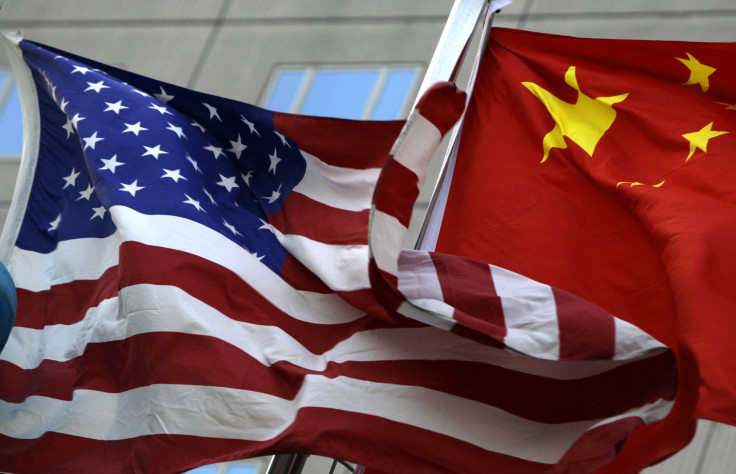Who Is Peter Navarro? Trump Appoints Outspoken China Critic As Head Of New US Trade Council

President-elect Donald Trump, who recently raised hackles in China by speaking with the Taiwanese president over the phone, has sent another belligerent signal to the Asian giant. On Wednesday, the Trump transition team announced the appointment of the outspoken China critic Peter Navarro as head of the newly created White House National Trade Council.
The trade council would advise Trump on “innovative strategies in trade negotiations, coordinate with other agencies to assess U.S. manufacturing capabilities and the defense industrial base, and help match unemployed American workers with new opportunities in the skilled manufacturing sector,” the transition team said in a statement, adding that the trade council would help the president-elect “make American manufacturing great again.”
“Navarro is a visionary economist and will develop trade policies that shrink our trade deficit, expand our growth, and help stop the exodus of jobs from our shores,” the transition team said.
The University of California, Irvine professor — author of books like “Death by China” and “The Coming China Wars” — has long been a no-holds-barred critic of America’s trade relations with China. In his role as a senior policy adviser to the president-elect, Navarro called for a renegotiation of trade deals that he claimed benefit China and lent his support for Trump’s proposal to impose a 45 percent tariff on Chinese imports.
“While my research confirmed cheap labor was a factor driving the Made-in-China boom, I also uncovered the widespread use of sweatshops and pollution havens — neither of which are banned by WTO rules,” Navarro wrote in an op-ed for San Francisco Chronicle in August. “I also discovered China’s real competitive edge was driven by a set of unfair trade practices — from illegal exports subsidies and currency manipulation to intellectual property theft.”
Navarro’s appointment comes just days after Trump signaled that his administration may discontinue the United States’ “one-China” policy — wherein the U.S. maintains diplomatic ties only with China, and not with Taiwan, which China says is a breakaway province. Over the past few weeks, many economists have expressed fears that Trump’s belligerent stance on China may trigger a trade war that adversely affects both sides.
“Trump wants the economy to grow. Trump wants to be beloved. But if implemented, Navarro’s crazy scheme to eliminate the trade deficit and achieve ‘balanced trade’ would cause massive capital flight, closure of foreign markets to US goods, economic meltdown, and — I would hope — open revolt by congressional Republicans to neutralise the Trump presidency,” Daniel Ikenson, head of trade policy at the Cato Institute in Washington, told Financial Times.
© Copyright IBTimes 2025. All rights reserved.






















